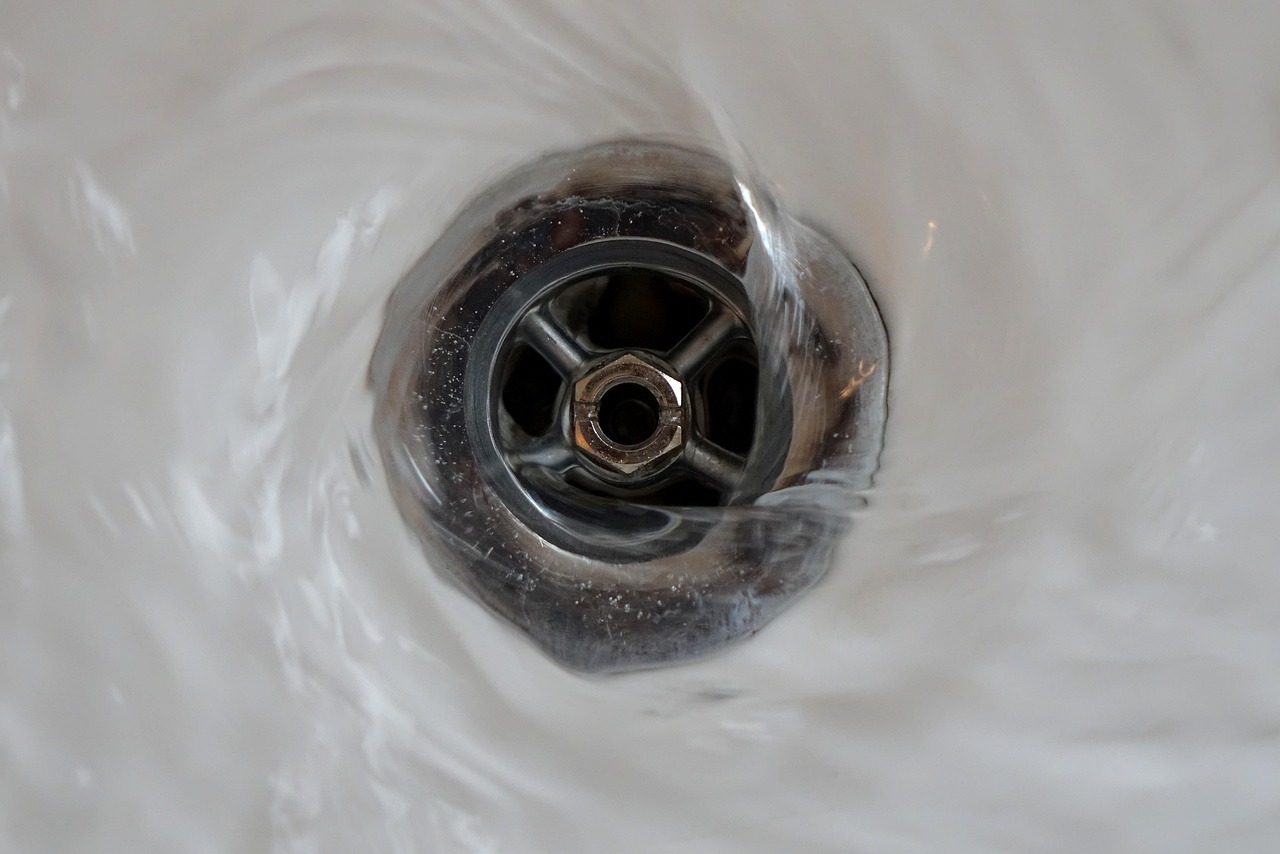Heat pumps are essential for maintaining a comfortable indoor environment, providing both heating and cooling. However, like any other appliance, they can encounter problems. Understanding these issues and knowing how to resolve them can save you time, money, and inconvenience. No one likes facing unexpected system failures, especially when relying on the heat pump to keep our home comfortable.
Many common heat pump problems stem from basic issues such as poor maintenance or simple wear and tear. Recognizing the signs of these problems early can help prevent more severe issues later. Sometimes, basic troubleshooting steps can resolve minor problems and restore your system’s functionality. Knowing when to call our professional is also crucial, as some problems require the expertise and tools that only trained technicians can provide.
It’s also beneficial to adopt preventative maintenance measures. Regular upkeep of your heat pump can significantly reduce the likelihood of problems, enhance efficiency, and extend the system’s lifespan. We’ll explore common issues, offer basic troubleshooting steps, and highlight when it’s time to bring in the experts for professional help.
Understanding Common Heat Pump Problems
Understanding the common issues that affect heat pumps can help us address them promptly. One of the most frequent problems is insufficient heating or cooling. This issue can stem from a variety of causes, including low refrigerant levels, dirty air filters, or thermostat issues. If the refrigerant is low, it can prevent the heat pump from adequately transferring heat, leading to reduced efficiency.
Another common issue is unusual noises coming from the heat pump. These noises can indicate several problems, such as loose components, dirt buildup, or even a failing motor. Rattling sounds often suggest something is loose inside the unit while screeching or grinding noises might point to more severe mechanical issues that require immediate attention.
Frozen coils are another problem that can affect the performance of heat pumps. This occurs when the airflow is restricted, often due to dirty filters or blocked ducts. Frozen coils can also result from low refrigerant levels, causing the system to freeze up and cease functioning correctly. Regular maintenance can help prevent these issues and keep the heat pump running efficiently.
Basic Troubleshooting Steps
Basic troubleshooting can often resolve minor heat pump issues without the need for professional intervention. First, check the thermostat settings. Ensure it is set to the correct mode (heating or cooling) and that the temperature settings are appropriate. Sometimes, the problem can be as simple as incorrect settings.
Next, inspect and replace dirty air filters. A clogged filter restricts airflow, causing the heat pump to work harder and leading to potential mechanical problems. Replacing the air filter every one to three months can help maintain optimal performance and prevent unnecessary strain on the system.
Check the outdoor unit for any obstructions. Leaves, dirt, or debris can impede airflow, causing the system to overheat and function inefficiently. Clearing any blockages around the unit and cleaning the coils can improve the system’s performance.
If you hear unusual noises, inspect the unit for loose components. Tighten any loose screws or bolts to stop the rattling. If the noise persists, it might indicate a more severe issue requiring professional assistance. These simple troubleshooting steps can often resolve common issues and help maintain your heat pump’s efficiency.
When to Call a Professional
While basic troubleshooting can resolve many minor heat pump issues, there are times when it’s critical to call our professional. One of the key indicators is persistent or worsening problems despite following troubleshooting steps. If your heat pump continues to malfunction, our technicians have the expertise to diagnose and fix complex issues that may not be immediately apparent.
Another situation requiring professional help is low refrigerant levels. Handling refrigerants requires specialized knowledge and equipment due to their hazardous nature. Our professionals can safely check, refill, and seal any leaks in the refrigerant lines, ensuring your system operates efficiently and safely.
Additionally, strange noises like grinding or screeching often indicate serious mechanical issues. These problems can quickly escalate if not addressed by an expert. Our technicians can identify the source of these noises and perform the necessary repairs to prevent further damage.
If your heat pump frequently cycles on and off or fails to maintain the desired temperature, it may be an indicator of a more significant issue like a failing compressor or thermostat problems. Our professionals have the tools and experience to address these issues effectively.
Preventative Maintenance Tips for Heat Pumps
Preventative maintenance is essential for keeping your heat pump in top condition and avoiding unexpected breakdowns. Start by scheduling regular inspections with our professionals. Routine checks help detect potential problems early and keep your system running efficiently.
Replace or clean air filters every one to three months. This simple task ensures proper airflow and reduces strain on your heat pump. Clean filters also improve your indoor air quality, creating a healthier environment for your family.
Keep the outdoor unit clear of debris. Regularly remove leaves, dirt, and other obstructions from around the unit to ensure adequate airflow. Trim any vegetation within a few feet of the heat pump to prevent it from blocking airflow or causing damage to the unit.
Inspect the thermostat regularly to ensure it’s working correctly. Recalibrate it if necessary, or consider upgrading to a programmable thermostat for better control and energy efficiency. Proper thermostat settings can help maintain a comfortable indoor environment and reduce energy consumption.
Conclusion
Proper understanding, regular troubleshooting, and timely professional intervention can significantly extend the life of your heat pump. Implementing preventative maintenance measures helps keep your system running efficiently and reduces the likelihood of unexpected issues. Taking these steps ensures your home remains comfortable year-round while avoiding costly repairs and replacements.
For reliable and professional heat pump repair in Cerritos, look no further than Power Pro Plumbing Heating & Air. Our skilled technicians are ready to assist you with all your HVAC needs, providing expert solutions to keep your system in top condition. Don’t wait for minor problems to become major headaches—contact us today for all your heat pump service needs.











